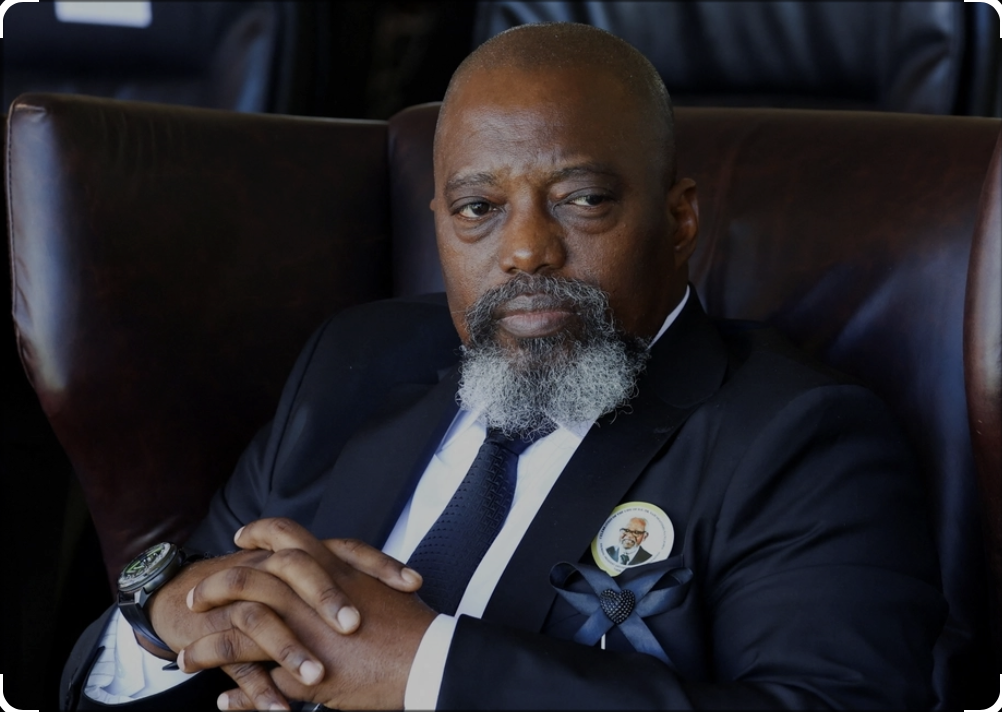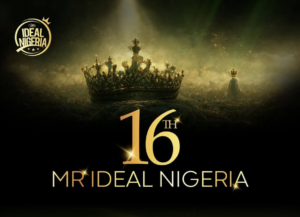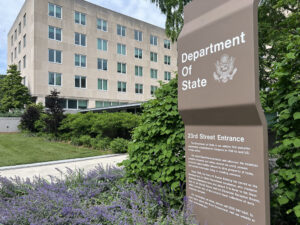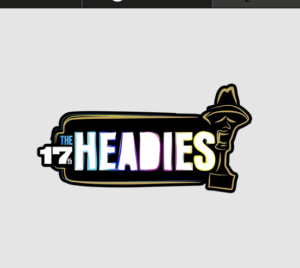On April 20, 2025, the government of the Democratic Republic of the Congo (DRC) suspended the People’s Party for Reconstruction and Democracy (PPRD) the political vehicle of ex‑President Joseph Kabila and ordered the seizure of his and other party leaders’ assets, accusing them of aiding the Rwanda‑backed M23 rebel group in eastern DRC. The Interior Ministry’s decree declared the PPRD’s actions amounted to high treason, while the Justice Ministry instructed prosecutors to initiate legal proceedings against Kabila, though specific supporting evidence was not publicly detailed. PPRD secretary Ferdinand Kambere denounced the suspension as “a flagrant violation of Congo’s constitution and laws”, setting the stage for a protracted legal and political battle. This decisive move by President Félix Tshisekedi’s administration comes amid intensifying clashes with M23 rebels in North Kivu and broader tensions over foreign influence and resource control.
On the afternoon of April 20, 2025, the DRC’s Interior Ministry issued a statement suspending the People’s Party for Reconstruction and Democracy (PPRD) the dominant party founded and long led by Joseph Kabila from all political activities pending investigation. Simultaneously, the Justice Ministry ordered the seizure of Kabila’s personal assets and those of senior party officials, labeling their alleged assistance to the M23 rebel group as high treason under Congolese law. These twin decrees herald an unprecedented escalation in the political showdown between Kabila who ruled from 2001 to 2019 and incumbent President Félix Tshisekedi, who has accused his predecessor of orchestrating a shadow network to undermine state sovereignty.
Joseph Kabila’s Legacy
Joseph Kabila assumed the presidency in January 2001 after the assassination of his father, Laurent Kabila, and was re‑elected in 2006 and 2011 amid contentious polls. After mass protests forced him to step down in January 2019, Kabila receded from the public eye, though his PPRD remained the largest party in parliament until it boycotted the 2023 elections over demands for electoral reforms.
Felix Tshisekedi’s Rise
Félix Tshisekedi, son of long‑time opposition leader Étienne Tshisekedi, narrowly won the 2018 election amid allegations of power‑sharing with Kabila’s coalition. Over successive cabinet reshuffles in 2021 and 2023, Tshisekedi gradually consolidated control of key state institutions, setting the stage for the April 2025 confrontation.
Legal Basis & Allegations
High Treason Charges
Under Article 150 of the Congolese Penal Code, high treason encompasses any acts that “compromise the independence or territorial integrity of the state”. The government asserts that Kabila’s “ambiguous attitude” towards the M23’s occupation of Congolese territory particularly during his April visit to Goma constituted active support for an insurgency
Asset Seizure Mechanism
The Justice Ministry’s order leverages anti‑corruption statutes permitting preemptive freezing and seizure of assets suspected of being acquired through or facilitating criminal conduct. However, no detailed asset inventory or concrete links between Kabila and M23 financing have been publicly disclosed, prompting questions about due process and evidentiary standards.
Reaction from Kabila, PPRD & Opposition
PPRD’s Response
Ferdinand Kambere, PPRD secretary, issued a statement condemning the suspension as “unconstitutional” and “a partisan maneuver” designed to marginalize the political opposition. The party has vowed to challenge the decrees in both administrative and constitutional courts, arguing the government violated PPRD’s political rights.
Kabila’s Own Comments
Although Kabila was abroad at the time having recently visited the rebel‑held city of Goma to “participate in peace efforts” he reiterated his willingness to return if given security guarantees, framing the government’s actions as politically motivated rather than legally grounded.
Regional Security Context: The M23 Rebellion
Rise of M23
The March 23 Movement (M23) is a predominantly Tutsi rebel group that resurged in late 2021, capturing key towns such as Bunagana and Sake in North Kivu
Allegations persist of Rwandan military support, a charge Kigali denies despite widespread international concern.
Humanitarian Impact
Clashes between Congolese forces and M23 have displaced over 400,000 civilians since January 2025, igniting calls for international mediation under the auspices of the United Nations and the African Union The volatile security environment has provided the Tshisekedi administration with a pretext to tighten political controls in the name of national unity.
Constitutional & Political Implications
Separation of Powers
Critics argue that unilateral suspension of a major political party circumvents parliamentary oversight and undermines judicial independence. The use of executive decrees to neutralize opposition risks setting a precedent for future administrations to weaponize legal frameworks against political rivals.
Electoral Consequences
With the PPRD effectively sidelined, Tshisekedi’s Common Front for Congo (FCC) coalition stands to dominate the political landscape ahead of the 2028 general elections, raising concerns about electoral competitiveness and democratic backsliding.
International Response
United Nations & EU
The UN Stabilization Mission in the DRC (MONUSCO) called for dialogue and due process, urging all parties to respect constitutional rights and avoid further polarization. The European Union expressed “concern” over reports of political interference, while stressing its commitment to stability and democratic governance.
Regional Actors
Rwanda’s government dismissed the allegations against Kabila as “baseless”, accusing Kinshasa of deflecting blame for its own security failures. The Southern African Development Community (SADC) has offered to mediate, though Kabila’s PPRD has yet to formally engage with these overtures.
The suspension of Kabila’s PPRD and the asset sequestration order represent an extraordinary exercise of executive power in the DRC, reflecting the deep fissures within the country’s ruling elite and the securitization of political disputes amid a resurging rebellion. As legal challenges loom and regional tensions mount, the stability of Congo’s fragile democracy and the integrity of its upcoming electoral cycle hangs in the balance.






